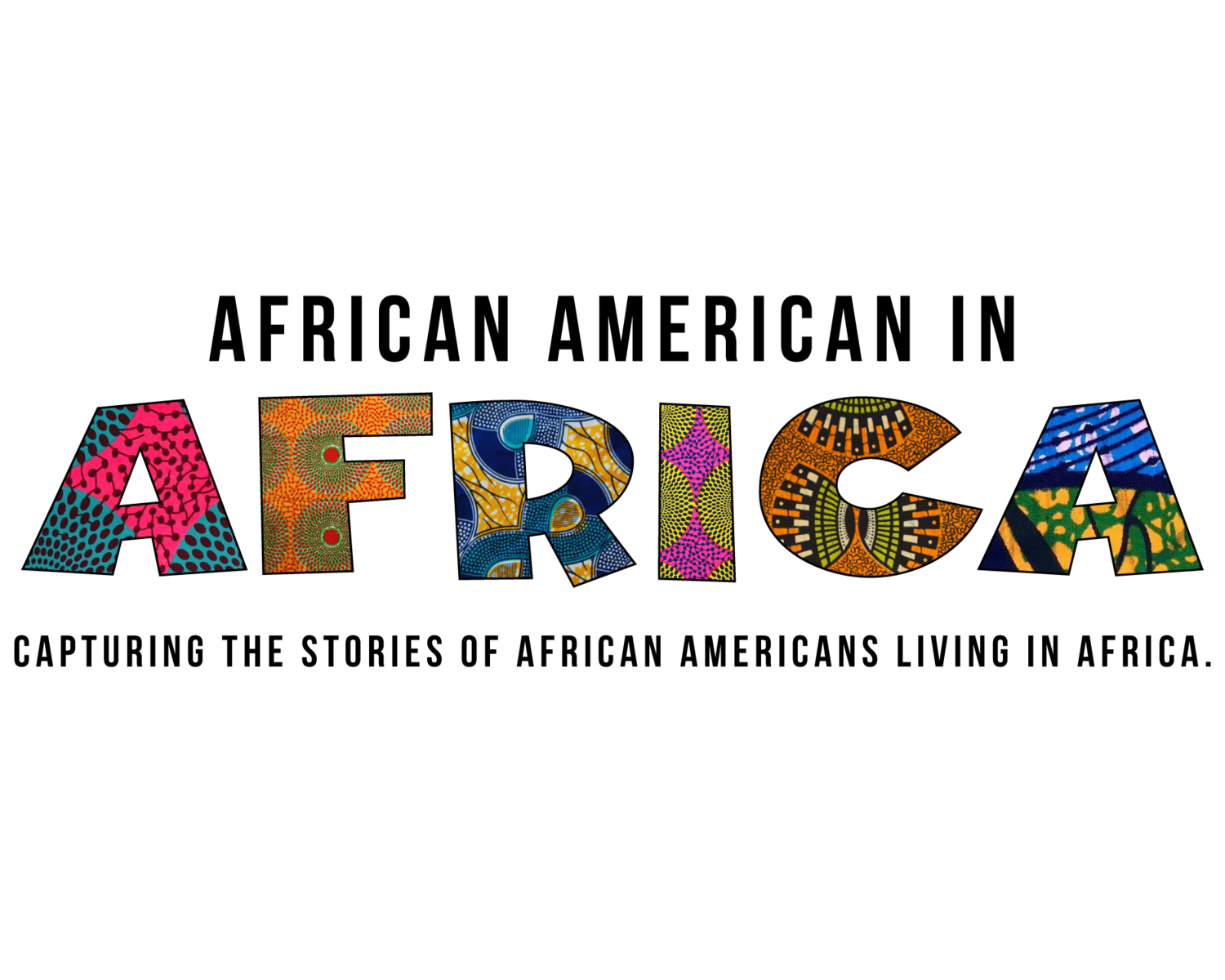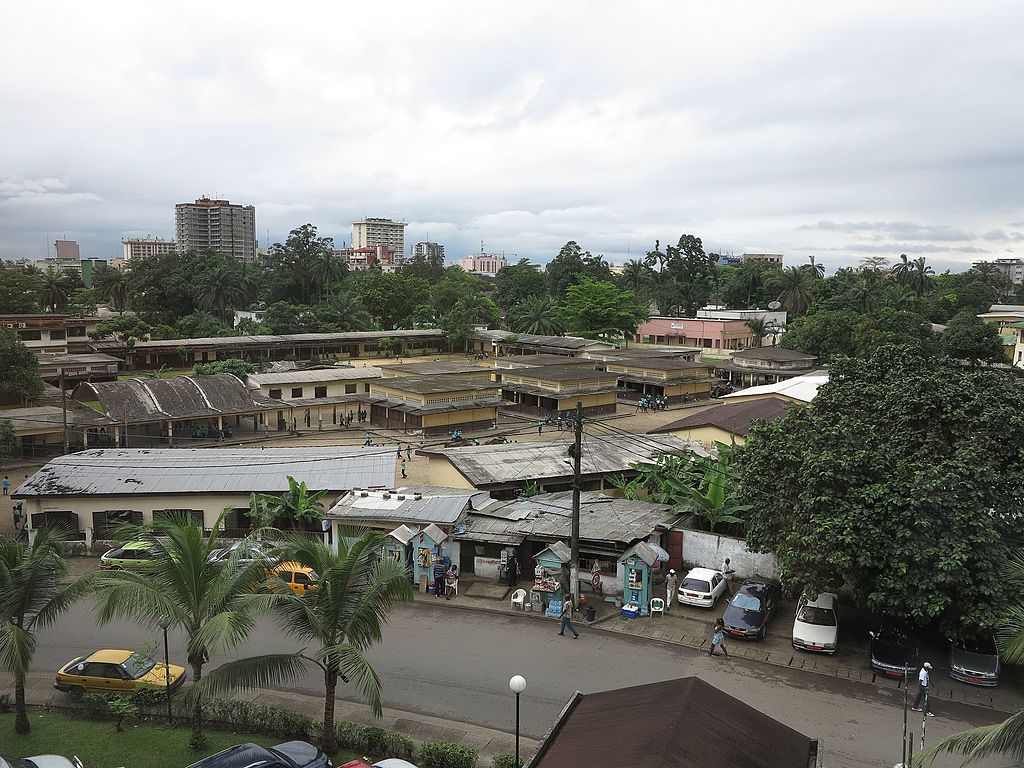Journeys In Faith: Why This African American Pastor Moved To Cameroon
Pastor Alan Robinson conducting prison outreach in Cameroon.
Disclosure: This post contains some affiliate links, which means I get commissions for purchases made through links in this post.
Meet Pastor Alan Robinson, a missionary dedicated to merging his faith with his passion for Africa. He shares his experience of ministering in Cameroon and why relocating to another African nation might be his future.
On Your Path to the African Continent
Aside from Cameroon, which African countries have you lived in or visited? How did these opportunities come about?
I have been privileged to go to Tanzania, Kenya, and Ghana to train pastors, leaders, and believers on how to share the gospel with signs of healing. Before moving to Cameroon, I went on several short-term missions trip to Tanzania over a ten-year span.
How did you end up moving to Cameroon?
I moved to Cameroon specifically to conduct my training in as many countries in Africa as possible. I have been living in a suburb of Douala called Bonaberi for about three years.
Professional Life
Can you tell us a bit more about your professional work in Cameroon?
I'm a missionary with the goal of traveling to all countries on the African continent that open their doors for my training. My training is through a seminar called the Elijah Challenge Basic Training. Basically, it teaches how to preach the gospel with the signs of healing and deliverance. I conduct the training freely without charge.
As a pastor, what would you say to counter certain criticisms surrounding Christianity in Africa such as “prosperity preachers” and shifts from “traditional” spirituality?
To those who are distrustful of missionaries working in Africa: I'm not a pastor in the sense that I don't pastor a specific congregation. I am an ordained minister and a missionary specifically focusing my training in Africa. The organized religion called Christianity deserves all the criticism it gets as the historical record is very clear. I consider myself a follower of Jesus and the New Testament apostles as recorded in the Bible. The ministry of Jesus and the apostles cannot be compared to the historical record of organized religion.
With that said, I realize that it is very difficult for most to grasp my unique position. I do work with organized religion since most believers come under one denomination or another. I don't believe traditional African religion is any better than Christianity in the sense that it also has its very dark side as well, and also focuses on money.This subject is too exhaustive to give proper time to in this interview.
Everyday Life in Cameroon
What were your first impressions of Cameroon?
In general, I like Cameroon. The cost of living is very cheap and the weather is nice, yet it also has very cool areas as well. The people are very friendly. The common food dishes are very good. There are English speaking areas. However, the predominant language outside of tribal languages is French, which I don't speak.
How have you been welcomed as an African American?
I have been welcomed with open arms. However, as in other African countries, the people assume all Americans are wealthy.
A Cameroonian fisherman.
Credit: Minette Lontsie, Pêcheur en route pour la peche, CC BY-SA 4.0
What do you love most about life in Cameroon?
The people, in general, are very respectful, kind, and hospitable. It's also very inexpensive to live here.
What are the most challenging aspects of living there?
There are no cinemas or very many places to have plain old fun... no malls. There are some very expensive restaurants in the heart of town that I avoid. The electricity and water seem to take turns in going out, sometimes for hours. The garbage disposal system uses dumpsters and it is too small for the amount of garbage collected. It's very smelly and not sanitary.
Tell us a little about your social life there!
There is not much to say about social life compared to my hometown of Chicago. I visit friends. Friends visit me, and that's about it. I also attend weddings and funerals.
Can you share a few details on your cost of living community while there?
Rent is cheap. I rent a nice sized two bedroom with two bathrooms for about a $140 per month. Electricity and water cost about $25. Food is very cheap and I buy very fresh vegetables and fruit at the open market. My 24/7 internet service is reliable and costs about $75 per month. Basically, for me to live well I spend less than $500 per month.
On Community Issues
As a Chicago native, have you noticed any similarities between the socioeconomic problems of lower-income Black communities in Chicago and those of Cameroon?
Not really, there is no racism here. So the built-in reality of racism that Blacks live within in the U.S. is nowhere to be found here.
In general, unemployment is high and good paying jobs are rare. For example, teachers make less than $150 a month with classroom sizes sometimes over 50 students. The average workweek is six days and up to ten hours per day.I see a lot of small children outside selling goods. The issues here are different from Africans born in America.
Would you say Cameroon is an environment very open to expats and entrepreneurs?
I would say yes to both. There are many business opportunities if you have the capital.
Have you been affected by Cameroon's current Anglophone Crisis?
There are ten provinces in Cameroon, and the political Anglophone issue is primarily in the two English provinces. The government allocation of resources is unacceptable in the English provinces and this seems to be the cause of the unrest. I live in a city in a French area, where we only hear limited news of what is going on in the English areas which have had their internet services cut off.
A street in Douala, Cameroon's second largest city.
Credit: Kayhan ERTUGRUL, AVENUE DES COCOTIERS .DOUALA - panoramio, CC BY-SA 3.0
Advice For Other African Diasporans
Would you encourage an African diasporan to consider visiting or moving to Cameroon? Why or why not?
I would say yes to both. There are many business opportunities if you have the capital.
I would also say you will need a good reason and a purpose to live in Cameroon. If it's for business then you definitely should speak French well. To just move to enjoy the country, I can think of better places.
To clarify, Cameroon is a very beautiful country and has very hospitable people. The economy makes it very inexpensive to live well. However, there are not a lot of things to do for entertainment such as movies, theaters, and different types of excellent music to experience. There are "dancing clubs," bars, and restaurants. I came here for ministry purposes. However, there are times when I just want to go out for recreational activity and I find it very limited.
During my recent work in Kenya and Ghana, I saw that these countries contained the elements that would promote a good balance to the African experience. They have excellent theater, various styles of music available, great malls for shopping, and good hospitals, and also the developing world experience. I preferred Accra over Nairobi because the economy is much cheaper to live under. From an economic perspective, Nairobi is very expensive. However, if cash flow is not an issue Nairobi is very much modernized and comparable to America.
Top tips for someone interested in visiting or moving to Cameroon?
French is helpful. Out of the ten provinces in Cameroon, eight are French-speaking and two are English.
Future Plans
Do you plan to live in Cameroon permanently?
Cameroon has shown me that while third world living is different, it is not as bad as most Americans think.I have also realized that from a business perspective African American entrepreneurs can invest in many African nationsand will do well if they have the heart to make the change.
How has living in Cameroon impacted your overall life?
I do plan to live permanently in Africa. I don't have the need to be in America except for occasional visits to family. After three years, I have been looking towards perhaps relocating to Ghana, and more specifically Accra primarily for the many social avenues available.
To follow Pastor Robinson's work in Africa, visit www.3rdworldmissions.com.




